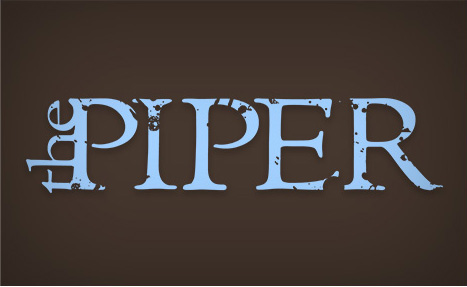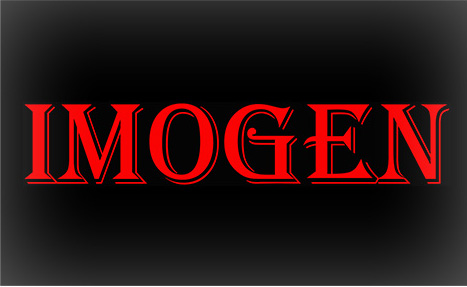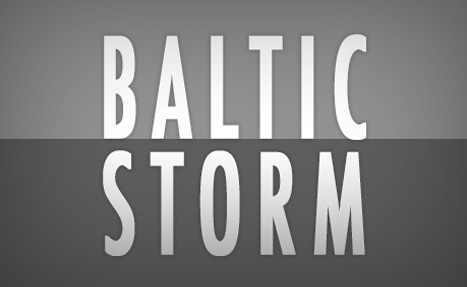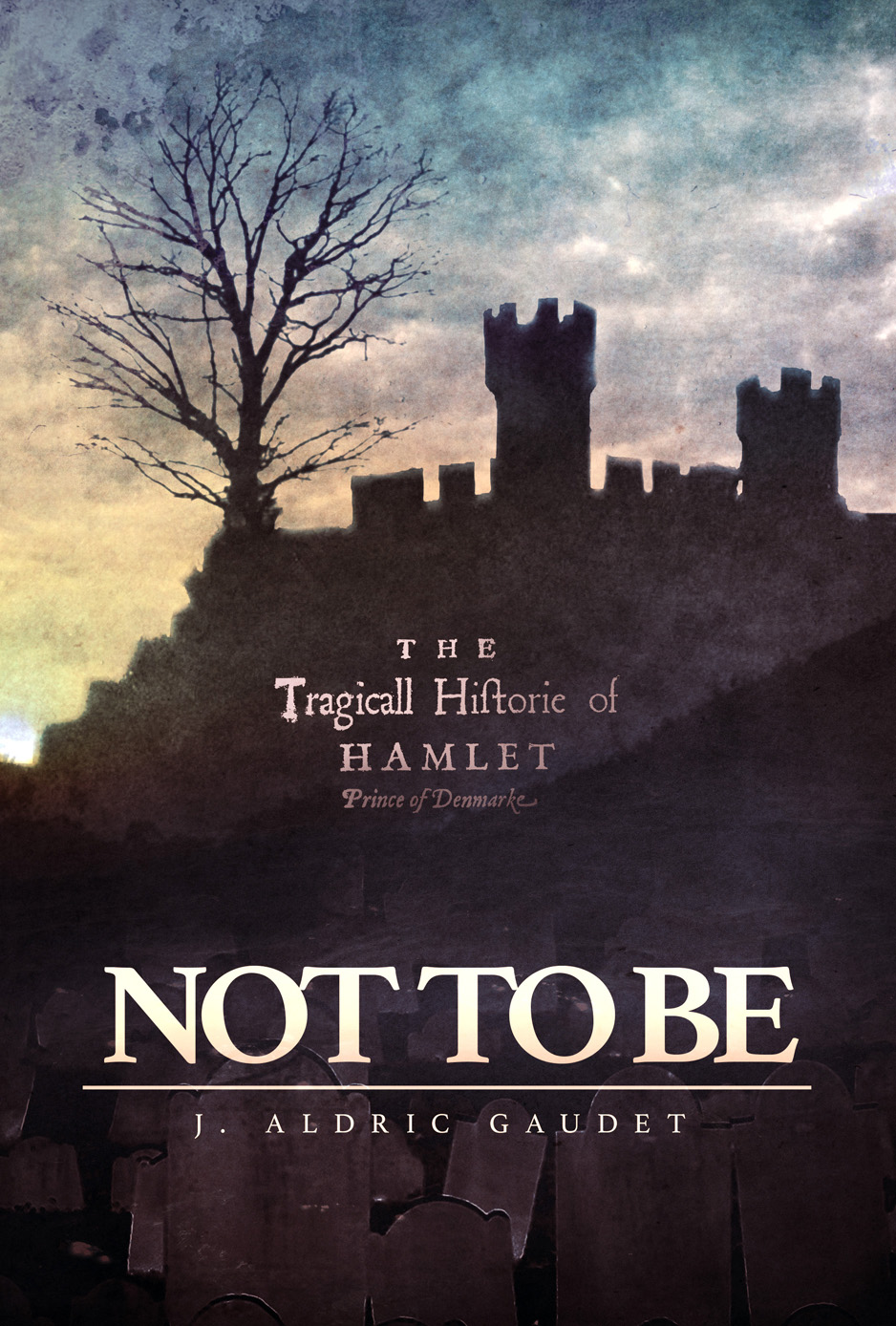














Summary
Young prince Hamlet despairs over the death of his father and the hasty marriage of his mother to his uncle. Then his father’s ghost appears and demands vengeance for his murder at the hands of his brother, the stepfather/uncle. On the same day, his sweetheart Ophelia is commanded to cut off all communication with him.
He keeps putting off the dreaded task, knowing whether he succeeds or not, it will result in his own death and wonders if that is an outcome he desires anymore.
To add to the turmoils in his mind he is surrounded by treachery. Best friends from childhood come to spy on him, Ophelia is used as bait for spies, and his mother hides a spy in her room, whom he kills.
When he uncovers a royal command for his execution he escapes and the king turns to the grieving son of the dead spy, to murder Hamlet during what will appear to be a sporting duel.
It ends tragically for all involved.
Background
This is a prose edition of the play pruned of the grammatical weeds surrounding 4 centuries of language growth.
Minimalistic prose descriptions of actions and movements were added only where necessary, the primary focus being the rich texture of the original words.
There are 3 official Hamlet, texts, each with lines and entire scenes missing from each other with many differences in wording.
Not To Be combines the Second Quarto and First Folio, using the First Quarto for reference, to unfold the complete story.
The title comes from the famous ‘To be or not to be’ monologue, inferring the tragic outcome.
Shakespeare Light
The Shakespeare Light series are prose editions of his plays updated and edited from original sources and adjusted for 400 years of language development.
These include:
The Most Excellent and Lamentable Tragedy of Romeo and Juliet – Madmen Have No Ears.
The Tragedy of Cymbeline – Imogen.
The Tragical History of Hamlet, Prince of Denmark – Not To Be.
It seems reasonable to me that if linguists agree that the pronunciation of words has changed quite drastically in 400 years and that to get the real true value out of the poetry of Shakespeare one would have to speak with that same pronunciation which would make it even more difficult to understand. Even the rhythm of word phrases becomes difficult when pronunciation has changed that much. Only that would be pure Shakespeare.
I applied that same logic to the words themselves and updated them accordingly.













